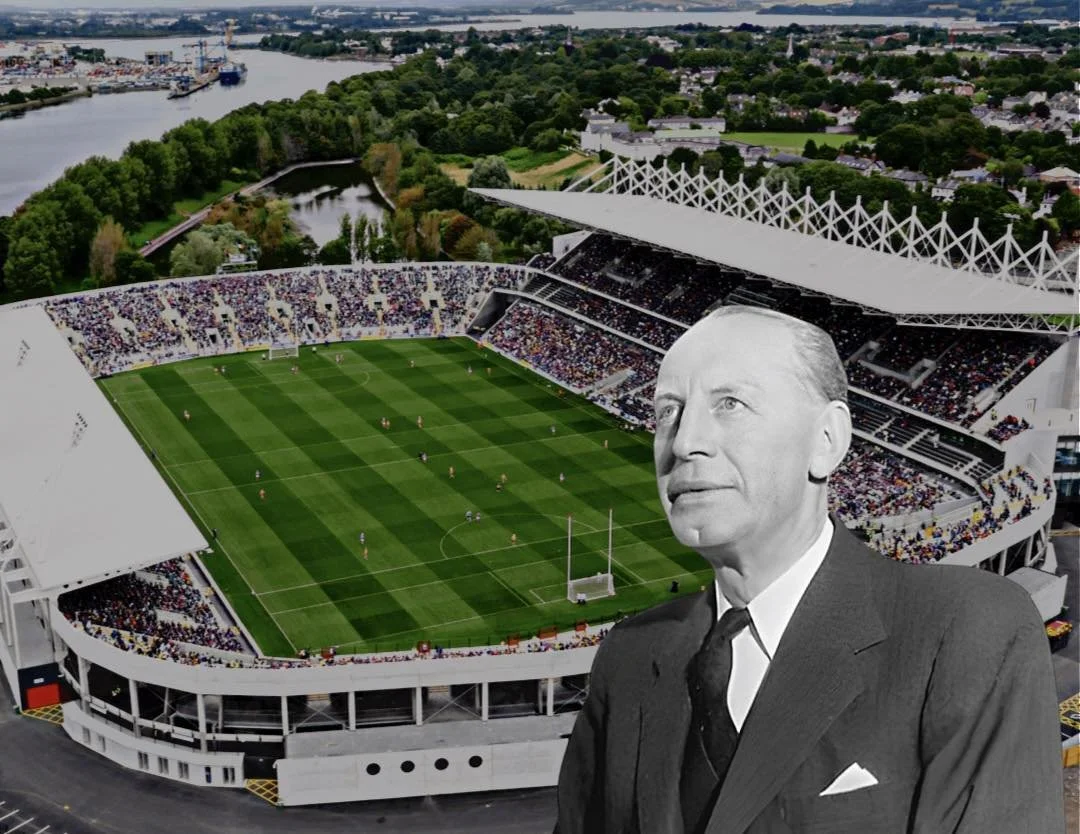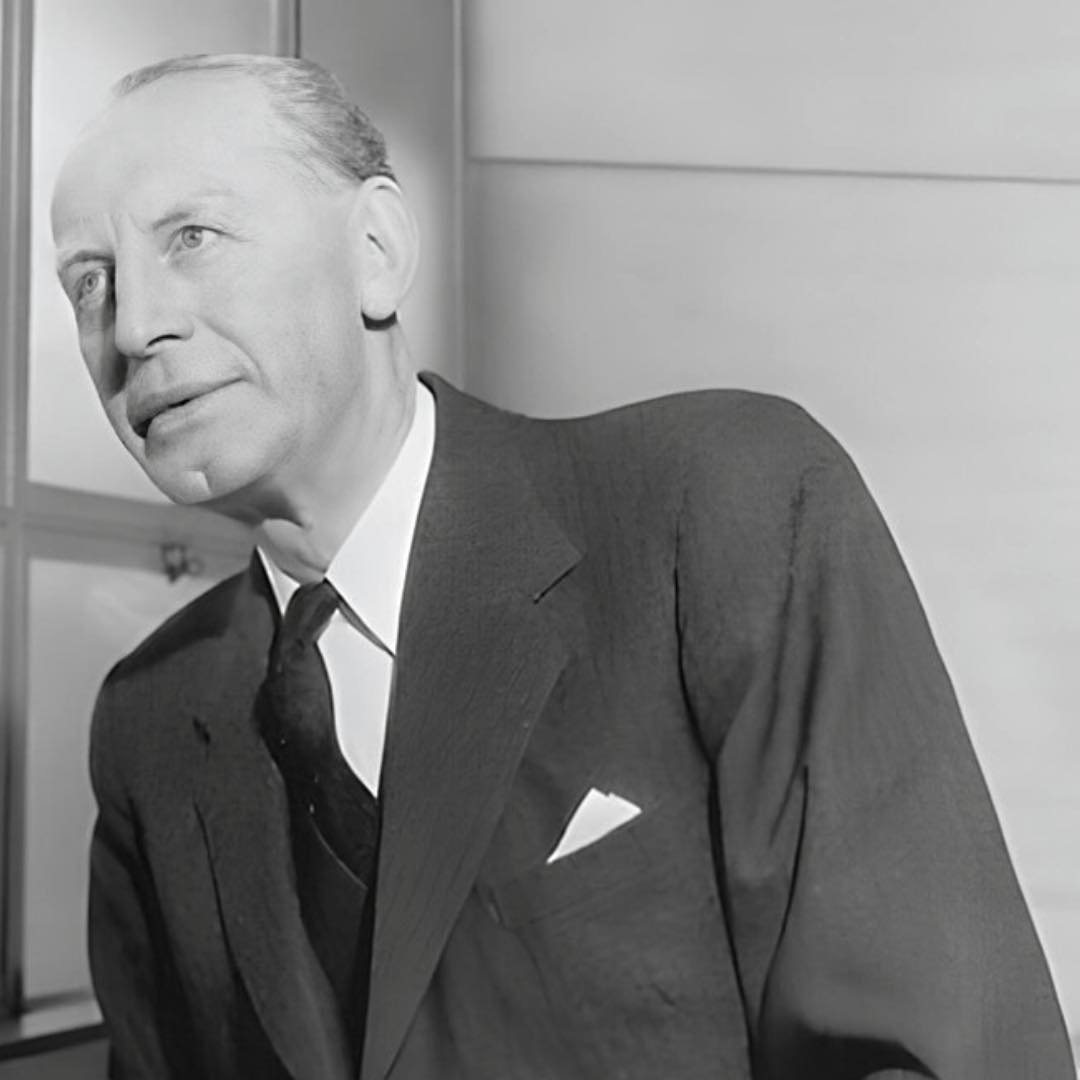What’s In A Name? The Renaming Of Páirc Uí Chaoimh
On the 1st of February, Cork’s GAA County Board officially ratified a motion to change the name of Páírc Úi Chaoimh to ‘SuperValu Páirc Úi Chaoimh’ in a commercial deal which will net Cork GAA €2.5 million euro over the duration of the ten year deal.
The name ‘SuperValu Páirc Úi Chaoimh’ was a compromise reached following an outcry when the proposal to change the name of the venue to ‘SuperValu Páirc’ became public knowledge following the January meeting of the county board.
Páirc Úi Chaoimh in Cork City playing host to a hurling match.
Páirc Úi Chaoimh is named after Pádraig Ó Caoimh, a Roscommon-born Irish Republican, who moved to Cork at a young age. Dónal Ó Caoimh, Pádraig’s grandson, was prominent in the public outcry in the aftermath of the decision, describing it as “an eradication of his grandfather's legacy”.
Ó Caoimh joined the Irish Volunteers in 1916, three years later at the age of twenty-one he became a full-time Volunteer officer. As a member of the Cork Brigade of the IRA during the Tan War, Ó Caoimh courageously fought against the British occupation, eventually being captured by the Auxiliaries in 1920 and sentenced to fifteen years penal servitude in Britain.
Ó Caoimh was released by the British following the 1921 Treaty, going on to become highly active in GAA administration and eventually being elected as General secretary of the GAA in 1929 - a position he held for the next thirty-five years.
While Ó Caoimh’s tenure was not without controversy, particularly in the overseeing of the removal of Douglas Hyde as patron of the GAA in 1938, under his stewardship the GAA almost doubled in size in terms of the number of clubs affiliated to the organisation.
Given this history and the contribution of Ó Caoimh to the growth of the GAA, it is understandable that there was such a public outcry to remove his name from the title of the main GAA stadium in Ireland’s third city.
Pádraig Ó Caoimh in his later years.
The disregarding of Pádraig Ó Caoimh’s legacy for profit is just the latest episode in the ongoing battle for the soul of the GAA.
There are of course very real challenges involved with the running an amateur sporting organisation such as the GAA, with the top level of the GAA set up like a professional sports team with strength and conditioning coaches, doctors, physios and nutritionists all part of the inter-county set-up.
For example, at the AGM of Westmeath GAA, it was announced that the costs involved with running the various county teams topped one million euro for the first time. Of course these modern financial challenges must be met and new revenue streams found, but not at the expense of our history or the ethos of the GAA.
The GAA is more than just a sporting organisation. Section 1.2 of the GAA Bunreacht states “The Association is a National Organisation which has as its basic aim the strengthening of the National Identity in a 32 County Ireland through the preservation and promotion of Gaelic Games and pastimes”.
The GAA remains a living link to the nationalist and cultural movement which emerged at the end of the 19th century - a movement that sought to build an Ireland, sovereign and free. In our nation, one which remains partitioned, it would be wise to not erase the name of the brave men and women who were part of this movement in favour of short-term financial gain.



